Keywords: Roman Catholicism
-
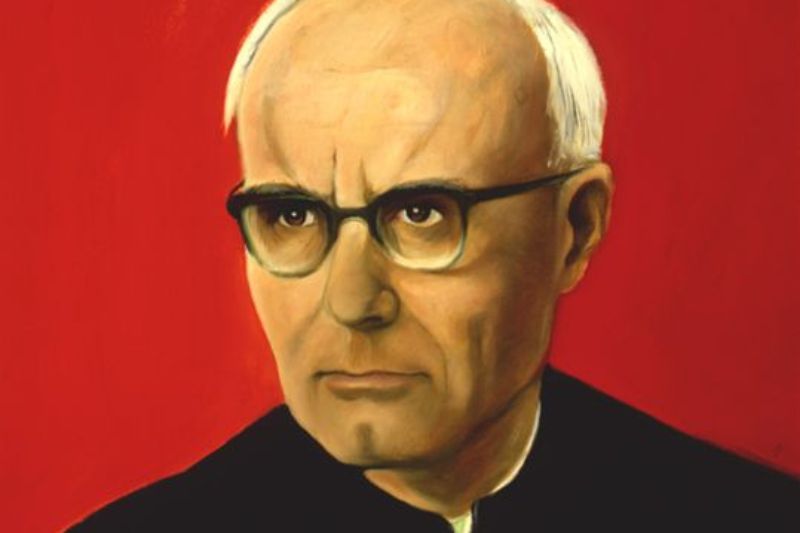
RELIGION
- John Honner
- 02 April 2024
15 Comments
Karl Rahner, a Jesuit priest whose ideas helped modernize the Church, left an indelible legacy on contemporary Catholicism. On the 40th anniversary of his death, what can a flower left at his niche tell us about the lasting bonds between belief, memory, and the enduring search for human connection?
READ MORE
-

AUSTRALIA
- Michael Jensen
- 19 January 2024
4 Comments
In contrast to the United States, we in Australia ‘don’t do God’, and we rarely acknowledge the religious dimension of our national identity. In an age of declining adherence to the Christian faith, has Australia found a new civil religion? And will it serve us well?
READ MORE 
-

INTERNATIONAL
- Juliette Hughes
- 22 November 2023
1 Comment
Sixty years ago today, on November 22, 1963, the world lost three towering figures of the 20th century. On their diamond jubilee, do I think it was the end of the world as we know it when these three died? Each one shaped the twentieth century in a unique way. Each one left us with much to think about still.
READ MORE 
-

AUSTRALIA
- Michael McVeigh
- 12 May 2023
3 Comments
In January 2006, I interviewed Father Bob Maguire. Father Bob was gracious enough to give me an hour of his time one afternoon in a conversation that was memorable, enlightening and entertaining at the same time. Here, published for the first time, is that interview in full.
READ MORE 
-
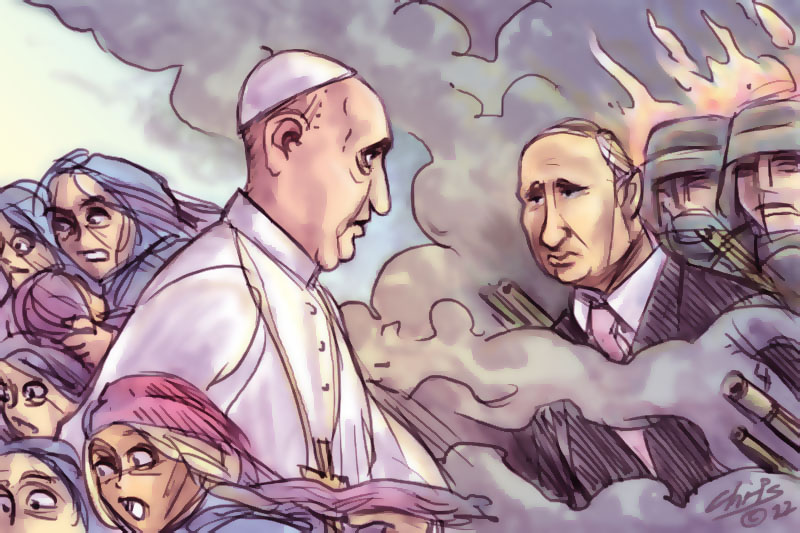
RELIGION
- Miles Pattenden
- 05 January 2023
Even as he sustains the papacy’s now traditional opposition to all forms of war and its emphasis on the extreme suffering war brings, especially to the innocent, Pope Francis has, in recent weeks, taken a different, more partisan approach which he and others must feel is justified.
READ MORE
-
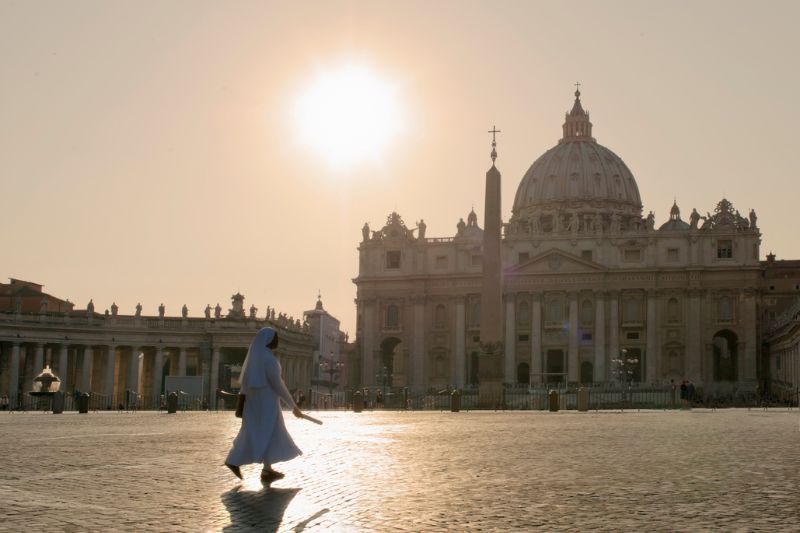
RELIGION
- Paul Collins
- 28 June 2022
7 Comments
A basic principle was laid down in the pope’s recent Apostolic Constitution entitled Praedicate evangelium that is profoundly important with far-reaching consequences for the whole church. This principle states that any baptised Catholic ‘can preside over a dicastery,’ that is run a Vatican department. Previously only ordained clerics could do this.
READ MORE 
-

RELIGION
- Miles Pattenden
- 15 March 2022
19 Comments
Even as he sustains the papacy’s now traditional opposition to all forms of war and its emphasis on the extreme suffering war brings, especially to the innocent, Pope Francis has, in recent weeks, taken a different, more partisan approach which he and others must feel is justified.
READ MORE 
-

RELIGION
One might submit that a Plenary Council is a cumbersome instrument to ascertain the genuinely representative views of the Catholic Church in Australia. Many of the canonical strictures regarding the membership, agenda and process of the Council will dampen the original enthusiasm for the Council that provoked over 17,500 submissions.
READ MORE 
-
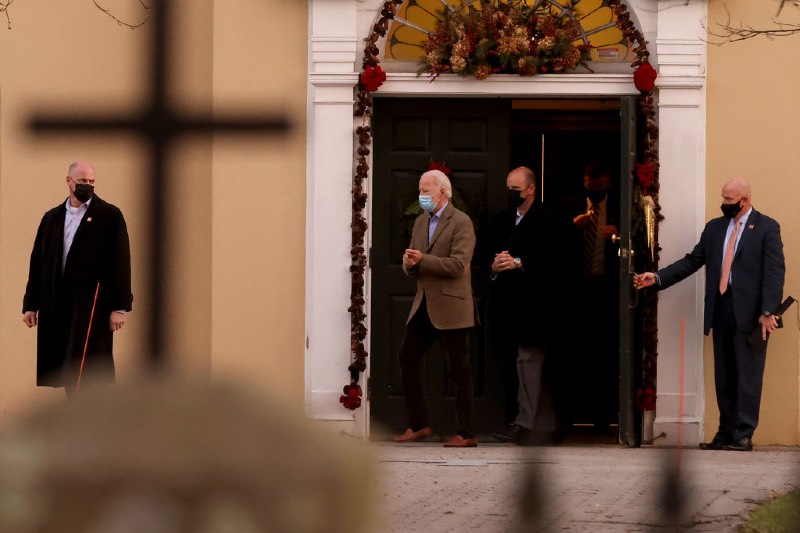
RELIGION
- Chris Middleton
- 01 July 2021
87 Comments
The debate among American bishops around whether President Biden and other Catholic politicians should be denied Holy Communion because of their policies on abortion is an important and unsettling one. Let me say I think it would be a tragedy if the bishops were to venture down this path.
READ MORE 
-
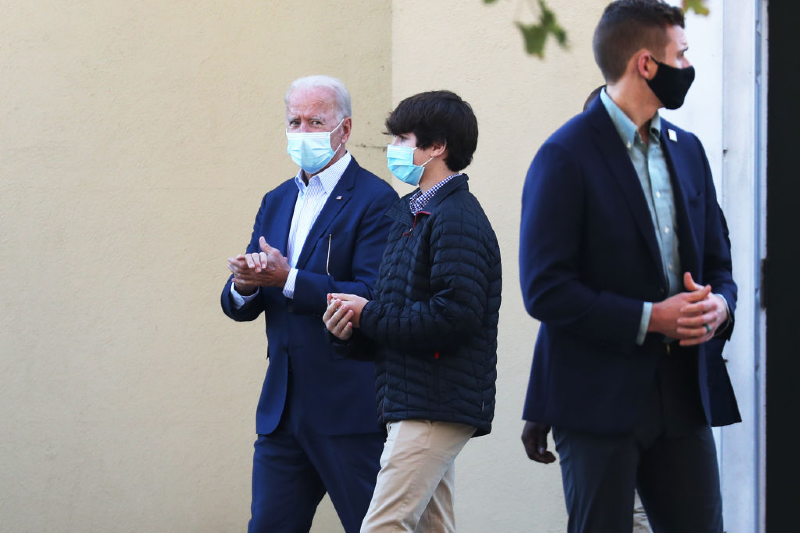
RELIGION
- Robert Christian
- 12 November 2020
31 Comments
Now the question is: will the Republican Party revert back to its pre-Trump days, continue down the path of Trumpian populism, or seek an alternative to both? No matter which path is pursued, American Catholics will likely play a key role in shaping the party’s future direction.
READ MORE 
-
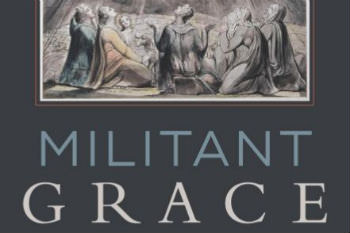
RELIGION
- Kevin Hargaden
- 17 April 2019
6 Comments
One of the most vibrant theological movements in the world today declares itself 'apocalyptic'. This does not refer to the end of the world because of some political conflict, or the great derangement that flows from the climate disaster. These theologians are using apocalyptic in its original Greek sense — apo kalypsis — a revealing.
READ MORE 
-
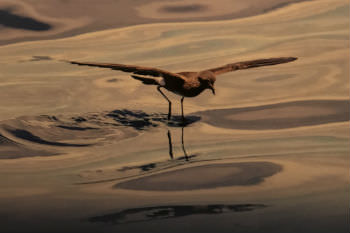
RELIGION
- Frank Brennan
- 12 September 2018
This book is a warning of the terrible price we shall pay if we do not follow Pope Francis' leadership. Frank Brennan launches Anthony M. Maher's The Forgotten Jesuit of Catholic Modernism: George Tyrrell's Prophetic Theology. Australian Centre for Christianity and Culture, 11 September 2018
READ MORE